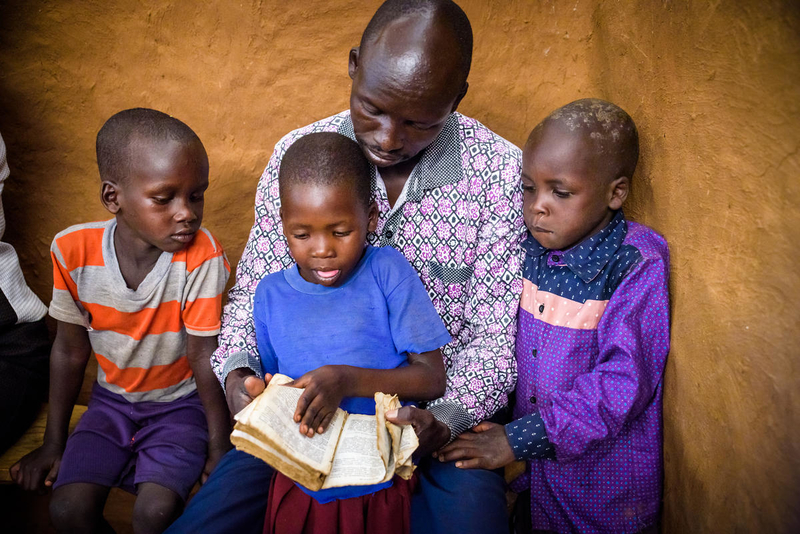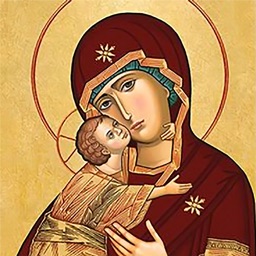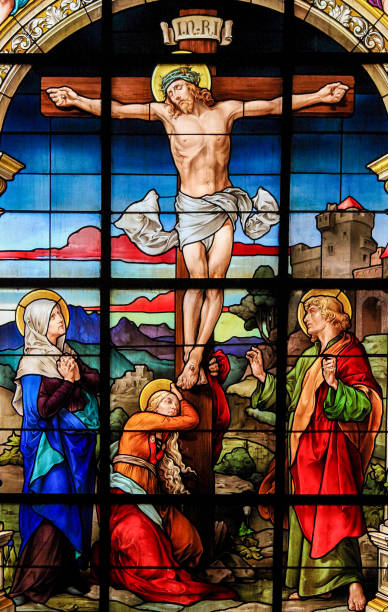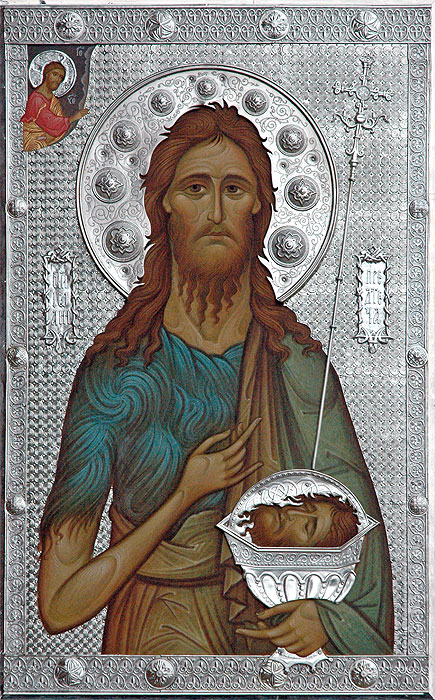These reflections are a result of more than 40 years of ministry as a Roman Catholic priest. Most of these years I spent in the Diocese of Charlotte which covers Western North Carolina. Now I am retired, and live in Medellín, Colombia where I continue to serve as a priest in the Archdiocese of Medellín.

When I came to you, brothers and sisters, proclaiming the mystery of God, I did not come with sublimity of words or of wisdom. For I resolved to know nothing while I was with you except Jesus Christ, and him crucified. I came to you in weakness and fear and much trembling, and my message and my proclamation were not with persuasive words of wisdom, but with a demonstration of spirit and power, so that your faith might rest not on human wisdom but on the power of God. (1 Cor 2:1-5)
https://bible.usccb.org/bible/readings/090224.cfm
We like to think that Saint Paul was a great preacher, and he was. But according to his own words, he was not a great orator. Nevertheless, when Paul spoke, people listened and paid attention, even old Saint Peter!

Humbly welcome the word that has been planted in you and is able to save your souls. Be doers of the word and not hearers only, deluding yourselves. Religion that is pure and undefiled before God and the Father is this: to care for orphans and widows in their affliction and to keep oneself unstained by the world. (Jas 1:17-18, 21b-22, 27)
https://bible.usccb.org/bible/readings/090124.cfm
The Letter of James is full of very practical wisdom for the life of faith. Be doers of the word and not hearers only . . . pure religion is to care for orphans and widows. In following Christ, “Keep it simple” is probably the best advice ever. As Jesus says, “Love God, love neighbor.”

Consider your own calling, brothers and sisters. Not many of you were wise by human standards, not many were powerful, not many were of noble birth. Rather, God chose the foolish of the world to shame the wise, and God chose the weak of the world to shame the strong, and God chose the lowly and despised of the world, those who count for nothing, to reduce to nothing those who are something. (1 Cor 1:26-31)
https://bible.usccb.org/bible/readings/083124.cfm
As Paul talks about the makeup of the community, he’s really having fun. The primitive church was largely made up of slaves. So when Paul says, “not many were of noble birth,” there must have been a few laughs throughout the congregation. The Virgin Mary’s hymn of praise sings the glory of God who lifts up the lowly and those who count for nothing in this world. And as Mary sings, “Holy . . . holy . . . holy is his name!”

For Jews demand signs and Greeks look for wisdom, but we proclaim Christ crucified, a stumbling block to Jews and foolishness to Gentiles, but to those who are called, Jews and Greeks alike, Christ the power of God and the wisdom of God. For the foolishness of God is wiser than human wisdom, and the weakness of God is stronger than human strength. (1 Cor 1:17-25)
https://bible.usccb.org/bible/readings/083024.cfm
To proclaim Christ crucified, the power of God and the wisdom of God. The Cross is the absolute foolishness of God. That God would want to be one with all the losers of this world. Yet the preaching of the Cross is where wisdom is found.

The king even swore many things to her, "I will grant you whatever you ask of me, even to half of my kingdom." She went out and said to her mother, "What shall I ask for?" She replied, "The head of John the Baptist." The girl hurried back to the king's presence and made her request, "I want you to give me at once on a platter the head of John the Baptist." (Mk 6:17-29)
https://bible.usccb.org/bible/readings/082924.cfm
When you can have anything you want—even to half of the kingdom—what does you ask for? The martyrdom of John the Baptist foreshadows Jesus own death on the Cross. The choices we make have consequences, not only in our lives, but in the lives of others.



